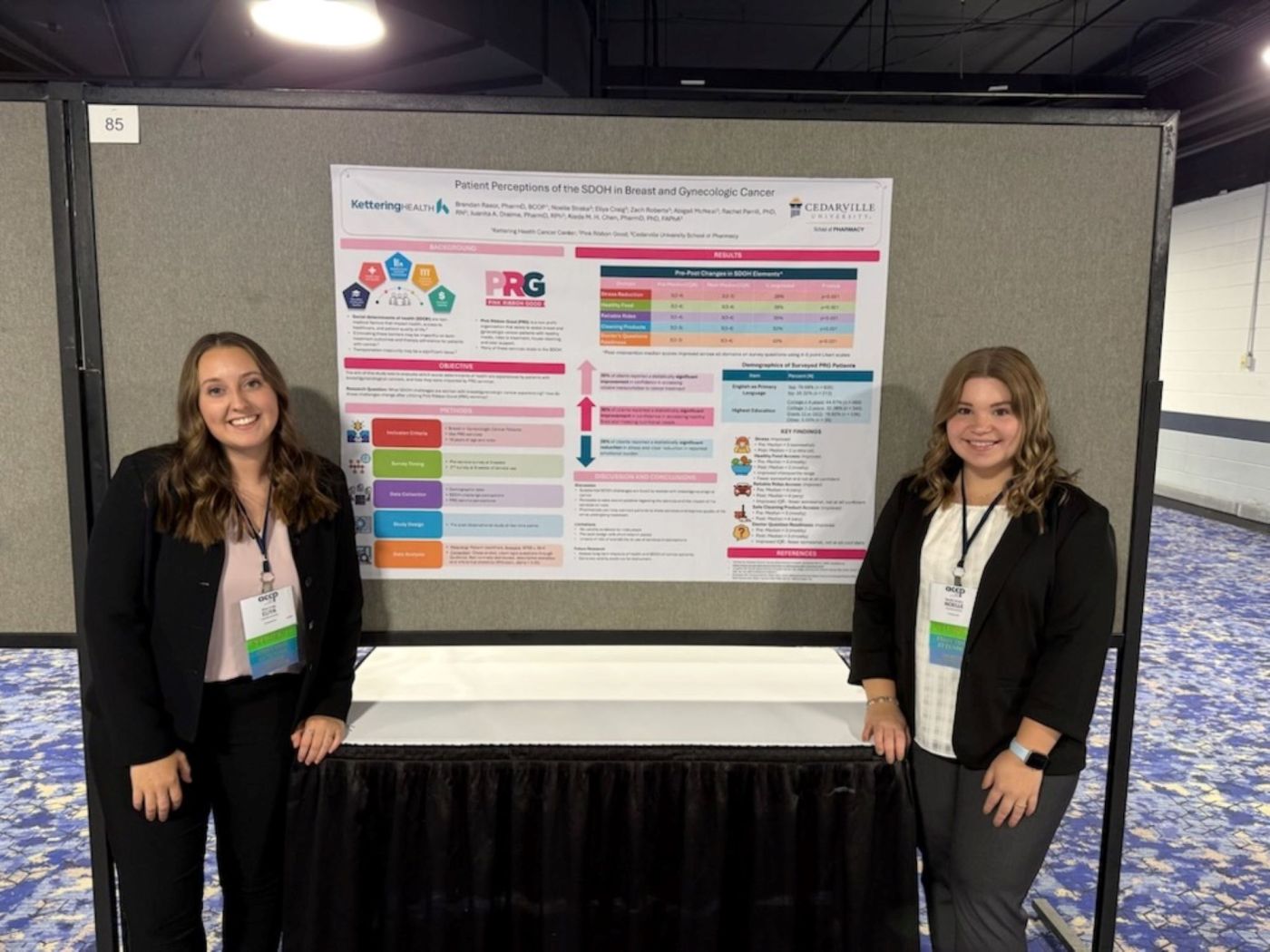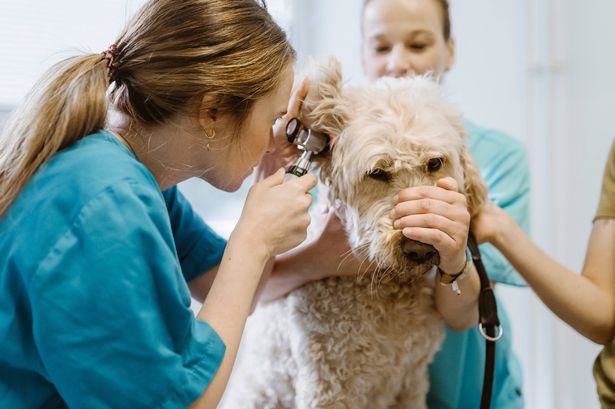Noelle Straka, an undergraduate student from Cedarville University, is actively involved in research projects aimed at enhancing care for cancer patients. This initiative is in collaboration with Pink Ribbon Good, a nonprofit organization based in Dayton, Ohio, that supports women and families affected by breast and gynecological cancers. Through this partnership, students are exploring various dimensions of patient care, with a particular focus on improving the quality of life for those undergoing treatment.
Research Focus on Patient Support Services
The collaboration between Cedarville University’s School of Pharmacy and Pink Ribbon Good includes four distinct group projects. Straka, along with her peers, is investigating how the nonprofit’s services—such as transportation to treatment, educational resources, and overall support—affect cancer patients’ treatment experiences and symptom management.
Straka is involved in two of these research projects. In one, she and fellow student Eliya Craig from Tyrone are working alongside Pink Ribbon Good and Kettering Health to evaluate the impact of the nonprofit’s transportation services on patient care. Their findings were presented at the American College of Clinical Pharmacy annual meeting held in Minneapolis on October 18, 2023. This presentation highlighted the significance of accessible transportation in the continuum of cancer care.
In addition to their work on transportation, Straka and Craig are leading another project that focuses on analyzing patient surveys to understand perceptions of care. This project aims to gather insights directly from patients, ensuring that their voices are heard in the ongoing development of supportive services.
Ongoing Commitment to Improving Cancer Care
The research efforts are set to continue throughout the upcoming fall and spring semesters. By engaging with Pink Ribbon Good, Straka and her colleagues are not only contributing to academic research but also making a tangible difference in the lives of cancer patients and their families. The work underscores the importance of comprehensive support systems in healthcare, particularly for those navigating the challenges of cancer treatment.
Overall, this collaboration exemplifies how educational institutions and nonprofit organizations can come together to enhance patient care. With ongoing research, Straka and her peers are helping to pave the way for improved support services that can significantly impact the quality of life for individuals facing cancer.







